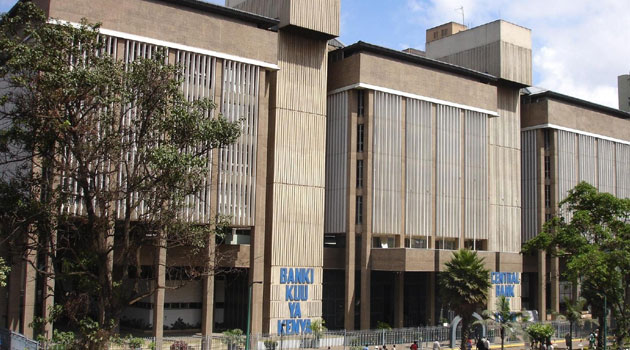The Central Bank of Kenya (CBK) has outlined an ambitious strategy to drastically reduce the average cost of mobile money transactions in the coming years, aiming to cut fees by more than half. This push is part of a broader regulatory effort to spur the next wave of financial inclusion, moving beyond basic money transfers and addressing concerns that current high costs are stifling innovation.
While the phrase “reduce M-Pesa transactions by half” might suggest a cut in transaction volumes, the regulator’s focus is squarely on cost reduction, with the goal of making digital finance more affordable for all Kenyans.
Strategy to Reduce Average Transaction Fee to Ksh 10
Under its 2025–2028 National Financial Inclusion Strategy, the CBK is targeting a significant drop in the average cost of Person-to-Person (P2P) transfers.
- Current Average Cost: Approximately Ksh 23 per transaction (in 2024).
- CBK’s Target: To reduce the average cost to Ksh 10 by 2028.
The regulator argues that despite Kenya’s mobile money system processing massive volumes—an estimated Ksh 21 billion daily in 2024—the growth in new user adoption and the uptake of advanced financial services like digital credit, insurance, and savings has begun to plateau.
The high fees charged by mobile money operators, primarily M-Pesa and Airtel Money, are cited by the CBK as a major barrier preventing millions of low-income users from fully participating in the digital economy. The CBK believes that making costs proportional to the low value of many ‘public good’ related payments is crucial for sustained growth.
Addressing Market Dominance and Interoperability
This regulatory push comes amidst long-standing concerns regarding the dominance of Safaricom’s M-Pesa, which accounts for nearly half of the telco’s service revenue.
The ultimate outcome of the CBK’s plan will require legislative support to be enacted, setting the stage for a major regulatory battle between the government’s push for consumer affordability and the commercial interests of the telecommunication giants.


